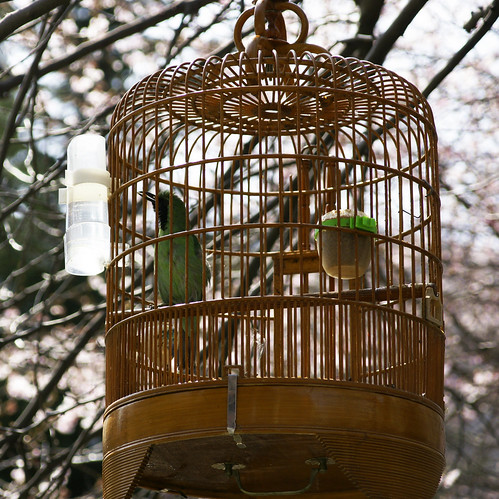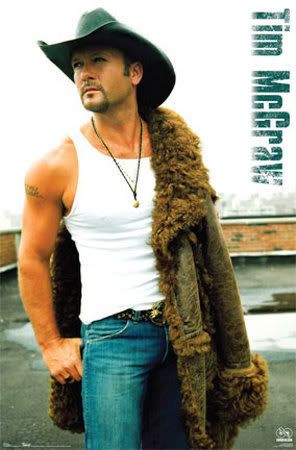HAMPTON, Virginia — US President Barack Obama lamented Sunday that in the iPad and Xbox era, information had become a diversion that was imposing new strains on democracy, in his latest critique of modern media.
Obama, who often chides journalists and cable news outlets for obsessing with political horse race coverage rather than serious issues, told a class of graduating university students that education was the key to progress.
"You're coming of age in a 24/7 media environment that bombards us with all kinds of content and exposes us to all kinds of arguments, some of which don't always rank all that high on the truth meter," Obama said at Hampton University, Virginia.
"With iPods and iPads and Xboxes and PlayStations, -- none of which I know how to work -- information becomes a distraction, a diversion, a form of entertainment, rather than a tool of empowerment, rather than the means of emancipation," Obama said.
He bemoaned the fact that "some of the craziest claims can quickly claim traction," in the clamor of certain blogs and talk radio outlets.
"All of this is not only putting new pressures on you, it is putting new pressures on our country and on our democracy."
Obama, who uses the handful of Commencement addresses that he delivers each year to meditate on societal developments broader than the minutiae of everyday politics, warned the world was at a moment of "breathtaking change."
"We can't stop these changes... but we can adapt to them," Obama said, adding that US workers were in a battle with well-educated foreign workers.
"Education... can fortify you, as it did earlier generations, to meet the tests of your own time," he said.
Hampton University is a historically black college, and Obama noted the huge disparity in educational achievement between African Americans and other racial groups in the United States and the world.
But he urged the graduates to take inspiration from the example of Dorothy Height, a civil and women's rights icon who died, aged 98, last month, who fought racial prejudice to secure a college education.
"A black woman, in 1929, refusing to be denied her dream of a college education," Obama said, reprising Height's life story.
"Refusing to be denied her rights, refusing to be denied her dignity, refusing to be denied... her piece of America's promise."
Obama argued that from the days of the pioneer politicians who founded the United States, until the modern day, education and knowledge had been the key to progress and US democracy.
He drew a line between Thomas Jefferson, the principal author of the Declaration of Independence, and today's challenges.
"What Jefferson recognized... that in the long run, their improbable experiment -- called America -- wouldn't work if its citizens were uninformed, if its citizens were apathetic, if its citizens checked out, and left democracy to those who didn't have the best interests of all the people at heart.
"It could only work if each of us stayed informed and engaged, if we held our government accountable, if we fulfilled the obligations of citizenship."











